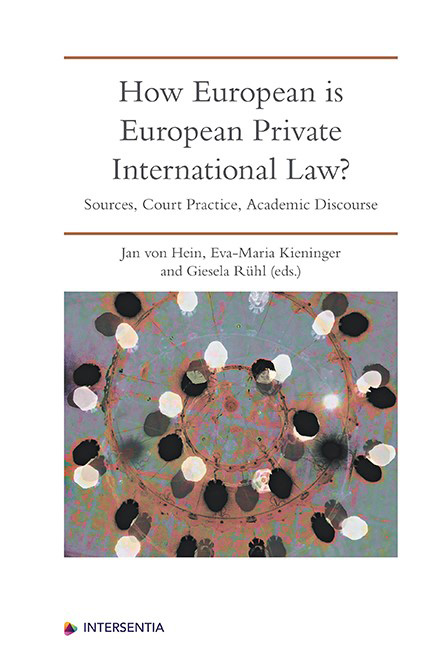Private International Law in Legal Education in Europe and Selected Other Countries
Published online by Cambridge University Press: 22 December 2020
Summary
INTRODUCTION
The following chapter addresses the situation of Private International Law in the classroom. It will look at a wide range of European jurisdictions and some countries in other parts in the world and examine whether the discipline is taught at bachelor's or master's level and as a required or optional course.
These findings will help to answer the question of whether the important role that Private International Law plays in legal practice is mirrored in classrooms in Europe and elsewhere in the world (sections 2 and 3).
The chapter will then address potential consequences of these findings (section 4) and raise the question of how Private International Law may be taught in order to make the discipline as accessible and useful as possible and – in jurisdictions where it is an optional or elective course – as attractive as it can be for students, that is, future lawyers and judges (sections 5 and 6).
The last parts will draw conclusions from the preceding analysis and conclude with three proposals, or – in other words – a triple plaidoyer (sections 7 and 8).
The information and findings in sections 2 and 3 are based on information provided by professors and scholars of Private International Law in the respective countries and on the relevant websites of law schools and administrative agencies in Europe.
PRIVATE INTERNATIONAL LAW IN LAW SCHOOL CURRICULA
SMALL AND MEDIUM-SIZED EUROPEAN COUNTRIES AND JURISDICTIONS
The following analysis of the current situation starts with the assumption that the smaller the jurisdiction, the more frequently cross-border scenarios will be encountered and the more important it is to teach Private International Law. In this chapter, small jurisdictions are considered to be those with a population of up to 9 million, medium-sized jurisdictions are those with a population between 9 and 20 million, and large jurisdictions are those with a population of more than 20 million.
Jurisdictions Confirming the Assumption
This assumption is largely confirmed by the situation in Belgium, for example. In fact, all universities in Belgium that offer law at master's level (KU Leuven, UC Louvain-la-Neuve, UL Bruxelles, University of Antwerp, University of Liège, University of Ghent) require students to take a general Private International Law course at master's level with between 36 to 60 hours of teaching time. When dealing with lawyers trained in Belgium, one can therefore be confident that they will have received considerable training in the discipline.
- Type
- Chapter
- Information
- How European is European Private International LawSources, Court Practice, Academic Discourse, pp. 333 - 354Publisher: IntersentiaPrint publication year: 2019

